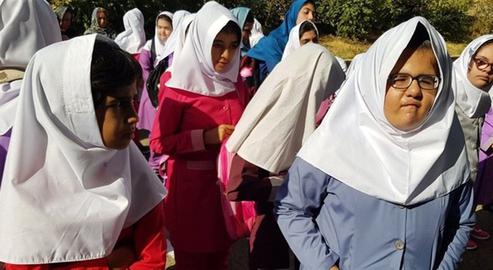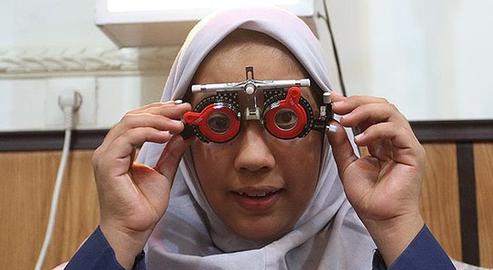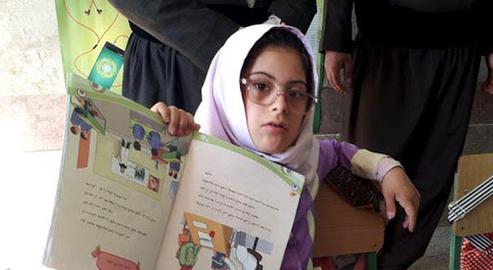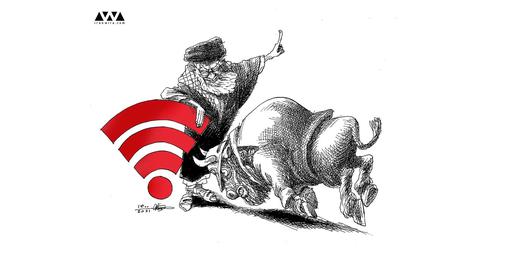The slogan of the fledgling Didaar campaign is "No one deserves to live in a dark world". Its members are dedicated to ensuring that no-one in the country has to suffer from poor eyesight due to poverty.
One of its founders, a man from Qazvin, tells IranWire that he came up with the idea after seeing people with poor vision struggling to get by in his hometown and the surrounding villages. “Some people get by with blurred vision for years and cannot afford to see an ophthalmologist,” he tells IranWire. “Giving people glasses is an easy way to help them function normally in their personal and social activities. I raised the issue with a few of my friends and Didaar was formed with this single, clear aim.”
The group was first launched about a month and a half ago. In this short period, it has organized activities and events in Qazvin and enjoyed an enthusiastic reception from locals. “We have received a lot of welcome from our fellow citizens,” the co-founder says. “We plan to collect the old frames from medical glasses, sunglasses and unused spectacles, repair them and give them to people who can't afford glasses themselves.
"Already, thank God, two optometrists in Qazvin have agreed to perform eye tests on those referred by Didaar for free. Another group has offered to repair the frames and make the lenses at a heavy discount.”
Didaar has also launched an Instagram page to call on people all over the country to support the campaign. People in need of glasses without the means to pay for them can also get in contact with Didaar through this page. It plans to expand to other parts of the country as soon as it has the necessary resources and volunteers.
An ophthalmologist working at Tehran's Farabi Hospital has pledged his support for the campaign. He deals daily with patients have not paid attention to their diminishing vision, or been able to procure glasses due to poverty, some of whom have ended up on the verge of blindness. He says he was “thrilled” to see the campaign launch, adding: “I wish this charity would cover all of Iran’s towns and villages.”
Dena, a sociology student from Tehran, is also trying to support the group remotely. “This is a creative way to help the needy,” she tells IranWire. “I collected 12 unused pairs of frames from our close relatives and sent them to the group. In every corner of every house, you can find glasses that are unused.”
Didaar has set up drop-off points in major cities for spectacle frames, and people wishing to help from afar can also make donations. The organization is also looking to recruit more doctors, ophthalmologists, spectacle makers and shopowners to offer their services for free to those in need.
Ms. Madadi, is a retired teacher in Qazvin, is another new member of the Didar campaign. “I have been wearing glasses since I was six,” she says, “and now I am useless without my glasses. It’s as if my glasses are a part of me. When I learned about this group, I really wanted to do something to help. I don’t want any more schoolchildren growing up with eyesight problems.
“People's destinies are sometimes changed by small things. If each of us can play a role in improving the destiny of the next generation or bringing about greater piece peace of mind, we should not ignore this. It might even be that our duty and mission in this world is to do these small things."
This article was written by a citizen journalist in Tehran under a pseudonym.
visit the accountability section
In this section of Iran Wire, you can contact the officials and launch your campaign for various problems



























comments